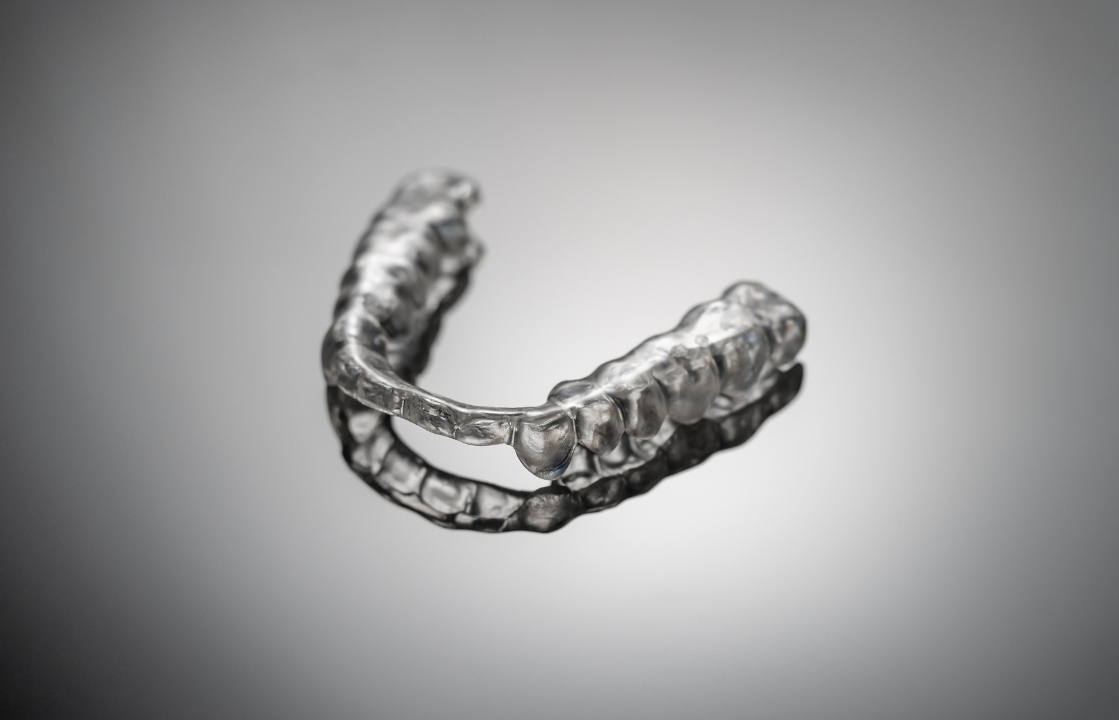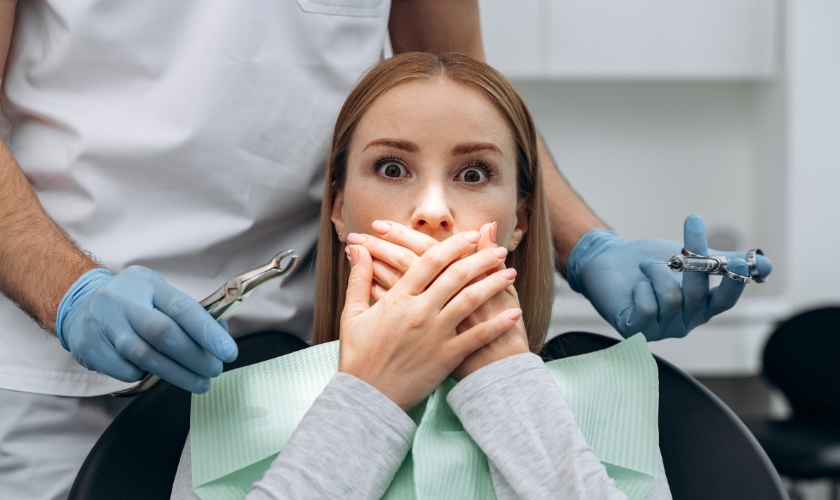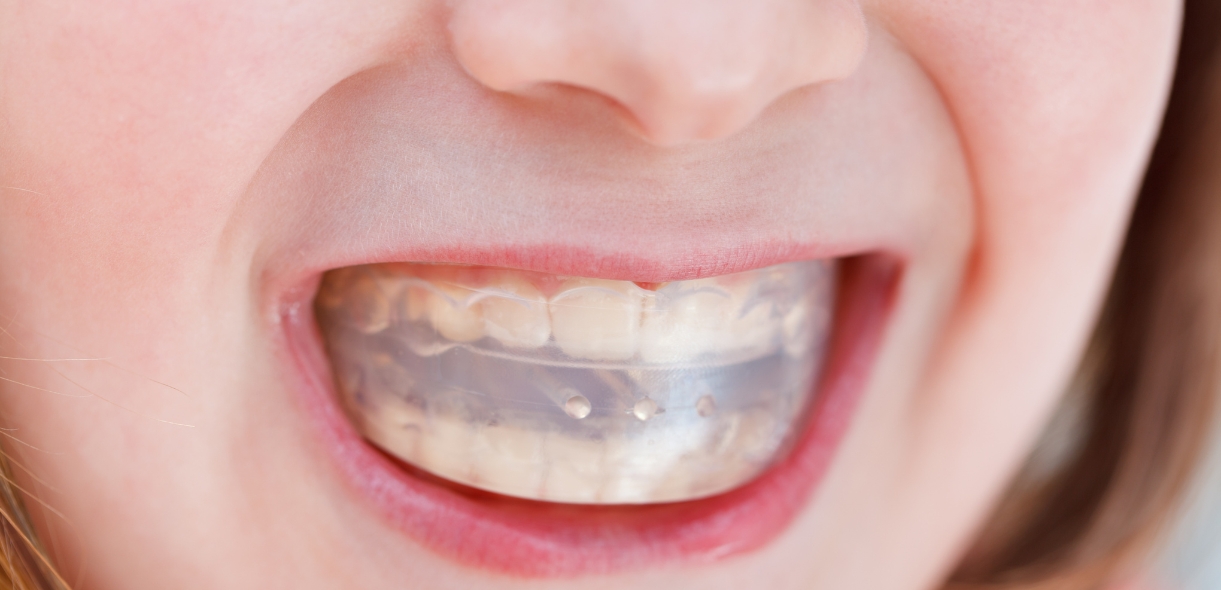$99 New Patient Special - Includes Exam and X-Rays.
Can Wearing a Nightguard Change Your Bite? Here’s the Truth

By Dentist At Plum Creek Kyle
Have you noticed that you are grinding your teeth at 2 a.m.? You’re not alone. A nightguard can be your dental bodyguard. That little plastic tray feels like a miracle until your bite starts to feel off.
One night it fits, the next it feels like your teeth are dancing. Strange, right? Professional dentists love nightguards.
However, can they secretly change your bite? Read this blog to understand.
What is a Nightguard?
A nightguard is an oral device people wear overnight. The purpose is generally to protect teeth with a cushioning effect to mitigate wear resulting from grinding or clenching. Grinding is commonly referred to as bruxism.
Other than this, a significant percentage also use it for control over TMJ conditions. These issues influence the jaw muscles and jaw joint diseases, disorders, and conditions. Nightguards in Kyle significantly alleviate discomfort, prevent enamel deterioration, and soothe a sore jaw. They are also used as a preventive measure for athletes and individuals with chronic facial tension.
There are two primary forms of nightguards: custom-fit ones created by dentists and over-the-counter ones available in drugstores.
Custom nightguards are designed to fit your bite. They provide a more secure, comfortable, and protective fit. Over-the-counter ones are less expensive. However, they are less accurate. Moreover, they may not be suitable for everyone. Choosing the correct type of nightguard matters more than many realize.
Can Nightguards Change Your Bite?
Yes, but not always. A nightguard can change your bite. However, it depends on how it’s used.
If a nightguard fits well and is worn as instructed, it will usually protect your bite. When it does not fit correctly or wears down, issues will take place.
An ill-fitting guard will distribute uneven pressure along your teeth and jaw. Over time, this will lead to your teeth shifting and alter how your top and bottom jaws fit together. Such changes are gradual or can be more obvious. They will depend on how long the problem has existed without being corrected.
Temporary bite changes could be due to the muscles relaxing or accommodation to the device. These typically disappear once you discontinue using the nightguard or switch to a superior one. However, permanent bite changes are possible if a poorly fitting guard is worn regularly over months or years.
That’s why checking your fit and comfort periodically is essential. If your bite feels funny, don’t brush it off. Visiting the dentist may significantly help prevent long-term dental damage. Nightguards are beneficial. However, like any medical device, they must be customized to you. The wrong guard worn for too long starts trouble.
How Bite Changes Occur?
A nightguard that doesn’t fit well immensely interferes with natural jaw alignment. It introduces new pressure points and asymmetrical contact. This can lead to muscles shifting and slowly move your jaw out of position. Eventually, teeth may move.
Your bite changes subtly until one day your teeth don’t close the way they used to. Signs of a changing bite include difficulty chewing, a clicking sound in the jaw, or an acute feeling of misalignment.
Consult our dentists if your nightguard feels uncomfortable or if your bite starts to shift. Nightguard use should help, not hurt. You must be proactive and informed about your dental health.






